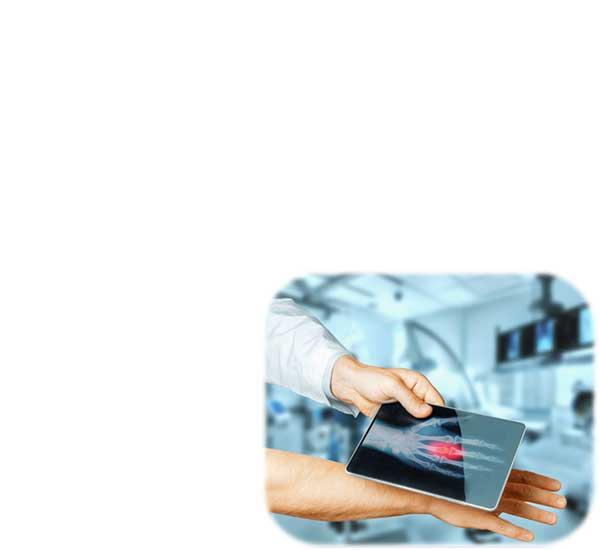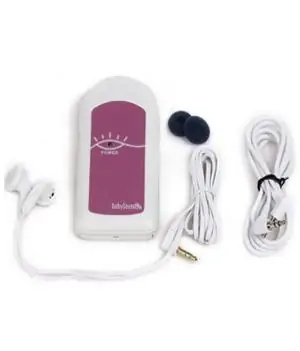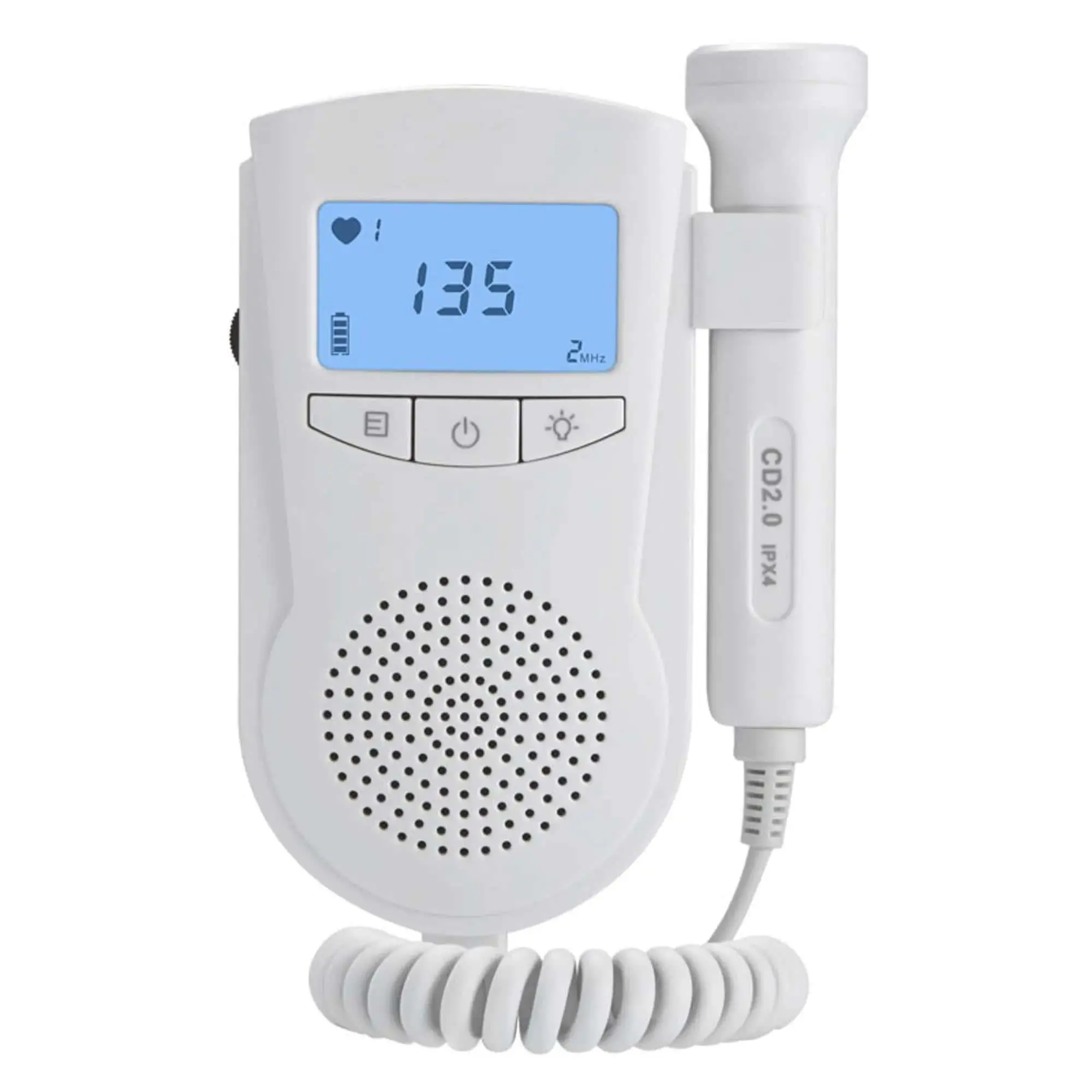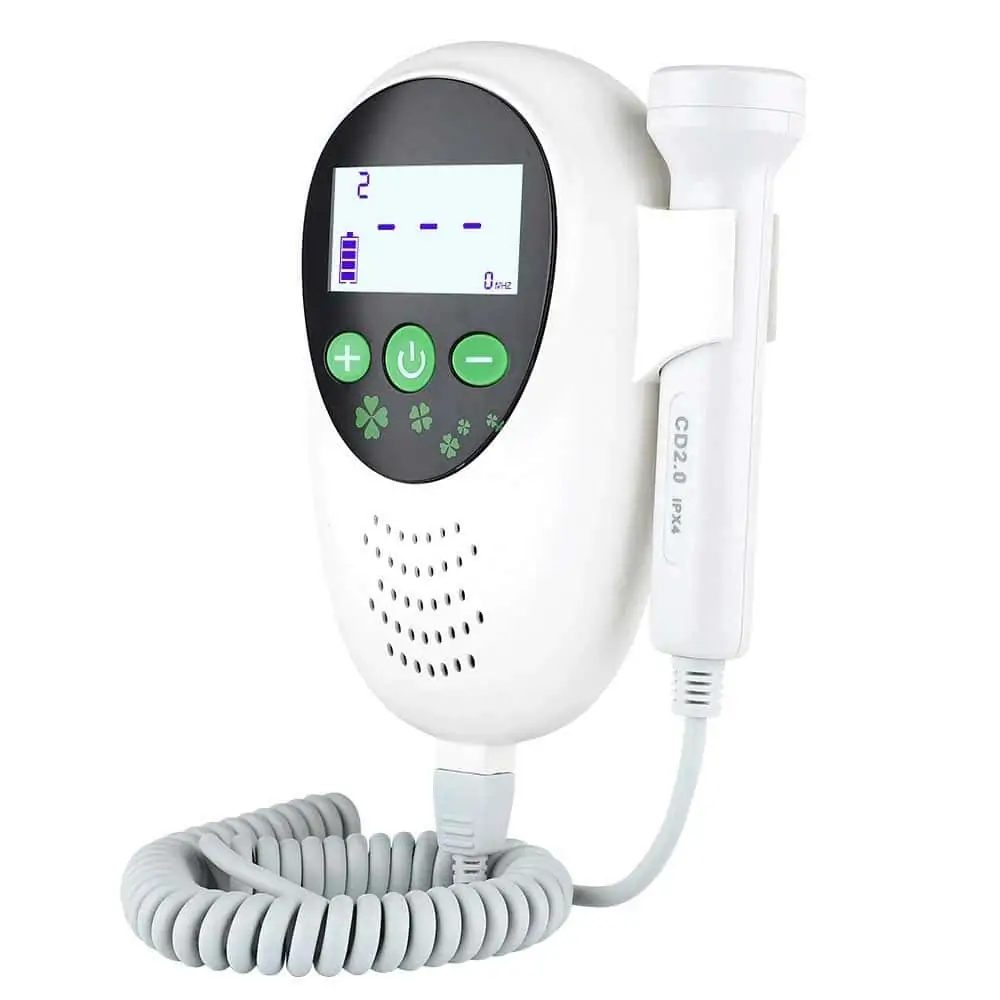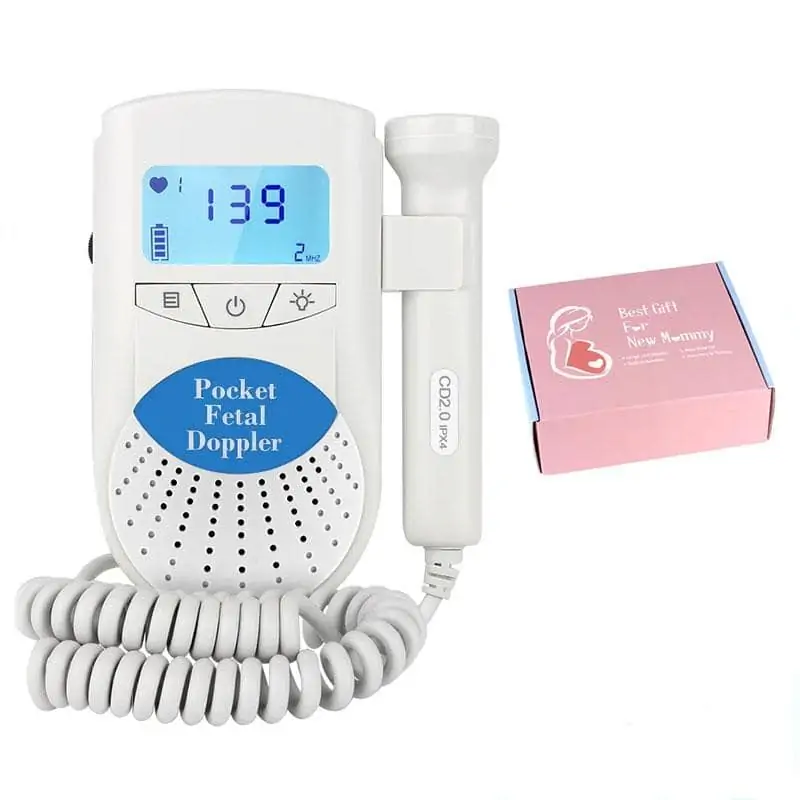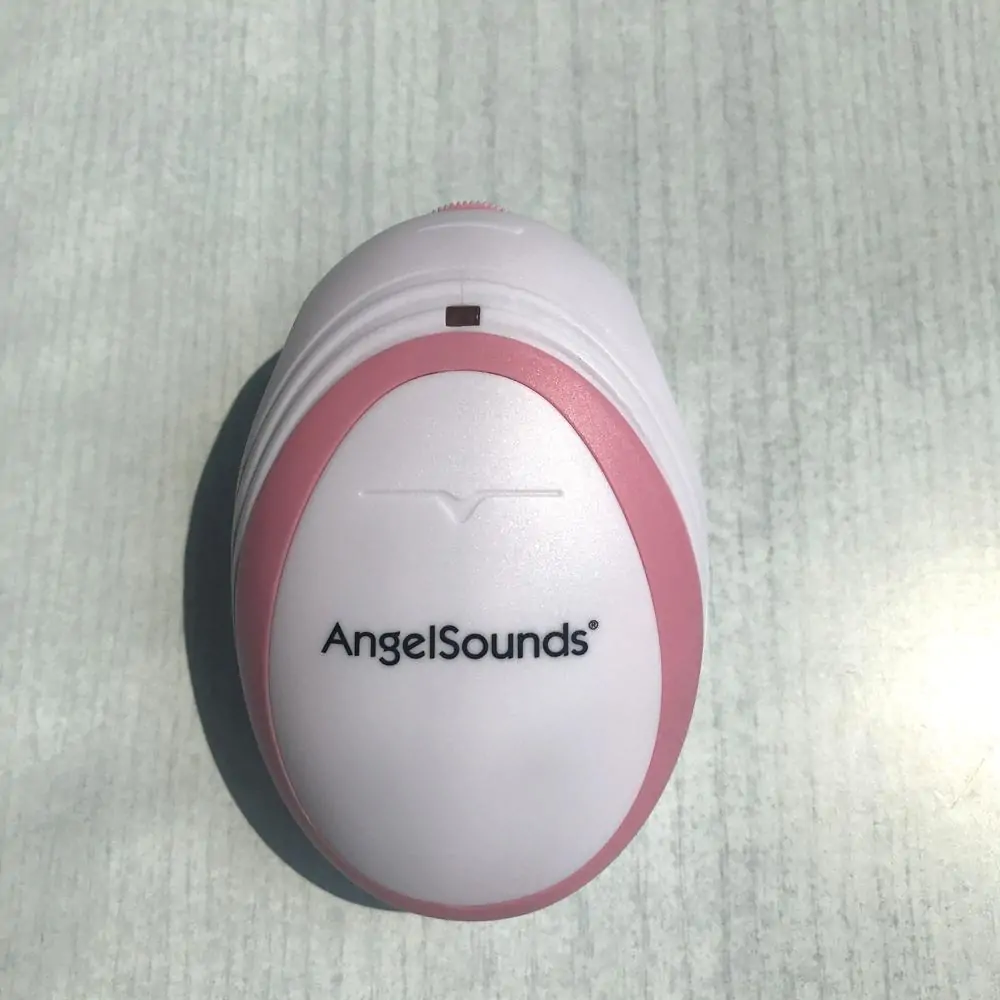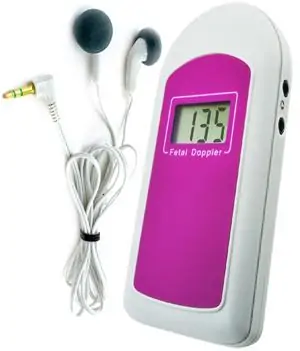Fetal Heart Doppler: A Thorough Guide Leave a comment
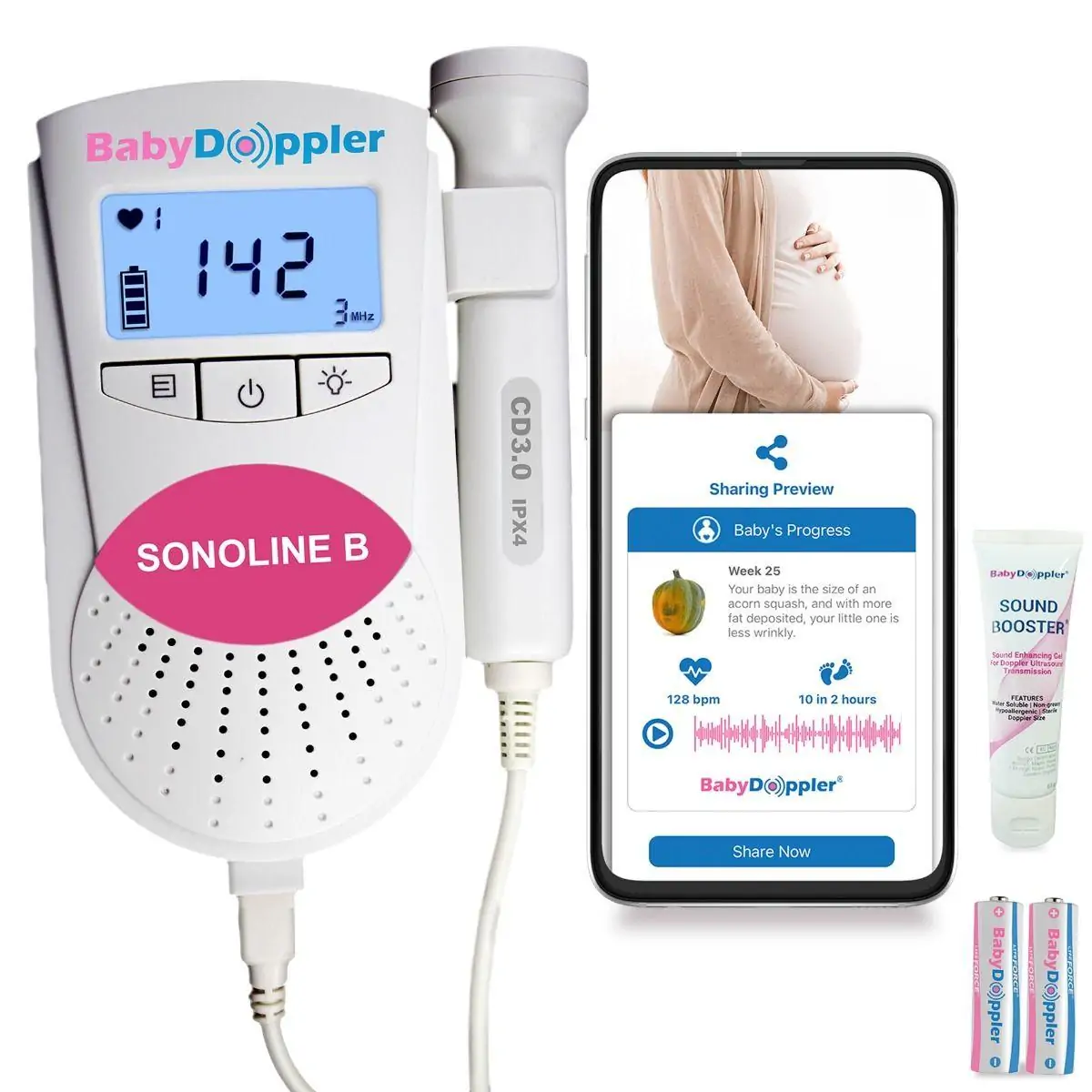
Fetal Heart Doppler
Introduction
During pregnancy, one of the paramount concerns for expectant parents is the health of their unborn child. with medical advancements, monitoring the fetal heart rate has become easier and more accessible than ever. One such tool that has gained popularity is the fetal Heart Doppler. This handheld device allows parents and healthcare providers to listen to the baby’s heartbeat, providing reassurance and insight into fetal well-being. In this article, we will explore what a fetal heart Doppler is, its benefits, how to use it, tips, and share firsthand experiences.
What is a Fetal Heart Doppler?
A fetal heart Doppler, also known simply as a Doppler, is a portable ultrasound device used to detect the fetal heartbeat. It operates on the principle of Doppler ultrasound, which analyzes sound waves reflected off of moving objects—in this case, the fetal heart. The device captures these reflections and translates them into an audible sound that parents can hear.
How it effectively works
-
- Ultrasound Waves: The Doppler device emits high-frequency sound waves that are directed towards the fetus.
-
- Sound Reflection: When these sound waves hit moving objects (like a fetal heart), thay bounce back.
-
- audio Output: The machine processes the reflected waves and converts them into sounds that resemble the heartbeat.
Common usage
Fetal heart Dopplers can be used by:
-
- Healthcare Professionals: Obstetricians, midwives, and nurses use Dopplers during routine check-ups.
-
- Expectant Parents: Many parents purchase portable Dopplers for home use to monitor their baby’s heartbeat anytime.
Benefits of Using a Fetal Heart Doppler
The use of a fetal heart Doppler provides a range of benefits for both parents and healthcare providers.
1. Enhanced Bonding Experience
Hearing your baby’s heartbeat can create a unique bonding experience. This emotional connection can alleviate anxiety and foster excitement about the pregnancy.
2. Early Detection of Issues
Regular monitoring of the fetal heartbeat allows for early detection of potential issues, such as a low fetal heart rate or irregular rhythms, prompting timely medical intervention.
3. Convenience and Accessibility
fetal heart Dopplers are portable and can be used in the comfort of one’s home,providing an extra layer of reassurance between doctor visits.
4. Educational Tool
For new parents, listening to their baby’s heartbeat can serve as an educational experience about the stages of pregnancy and fetal growth.
—
Practical Tips for Using a Fetal Heart Doppler
Using a fetal heart Doppler can be straightforward, but there are tips and best practices to keep in mind for optimal experience.
1. Timing Matters
– The best time to start using a Doppler is usually after the 12th week of pregnancy when the heartbeat becomes audible.
2. Finding the Right Position
– For optimal results, lie down in a agreeable position (preferably on your back) to allow the sound waves to travel better.
3. Use the Right Gel
- Apply a small amount of ultrasound gel to the probe. this gel helps transmit the sound waves better to detect the heart rate.
4. Patience is Key
- It may take some time to locate the heartbeat, so remain patient. Move the device slowly around the abdomen.
5. Don’t Overuse
– While it’s exciting to hear the heartbeat, excessive use isn’t recommended. Follow your healthcare provider’s guidelines.
Case Studies: Real-Life Experiences with Fetal Heart Dopplers
Case Study 1: First-Time Parent Reassurance
Emma, a first-time mother, used a fetal heart Doppler during her pregnancy. “Hearing my baby’s heartbeat for the first time was surreal. It felt like I was connecting with her in a way I had never imagined.”
Case Study 2: Managing Anxiety
James and Sarah faced anxiety during their pregnancy due to previous complications. The use of a Doppler helped them monitor their baby’s heartbeat and provided emotional comfort. “Every time we heard the heartbeat, it was a reminder that our baby was okay,” Sarah shared.
Important Considerations
While fetal heart Dopplers can provide important reassurance, it’s crucial to remember a few key points:
-
- Not a Diagnostic tool: Dopplers are not substitutes for professional medical advice or examinations. They should be used as a supplementary device to regular prenatal care.
-
- Consult with Your Provider: Always consult with your healthcare professional before using a Doppler at home, especially if you have any concerns about your pregnancy.
-
- Trust the Professionals: Do not panic if you can’t find the heartbeat immediately; sometimes, it takes time, and professionals are trained to assess fetal well-being through additional methods.
How to Choose the Right Fetal Heart Doppler
When selecting a fetal heart Doppler, consider the following factors:
| Factor | Description |
|———————|—————————————————-|
| Availability | Ensure the Doppler is easily available in stores or online.|
| Functionality | look for features such as battery life, sound quality, and additional monitoring capabilities.|
| Ease of Use | Choose a user-pleasant design suitable for non-medical personnel.|
| Price | Compare prices across different brands; generally, a Doppler ranges from $30 to $200.|
| reviews | Check customer reviews and ratings for insights into product reliability. |
Conclusion
The fetal heart Doppler is an innovative tool that can foster emotional bonding and provide peace of mind during pregnancy. whether used by healthcare professionals in a clinical setting or by expectant parents at home, these devices represent a significant advancement in maternal-fetal care. Remember, while Dopplers are handy, they are not replacements for routine medical check-ups. always prioritize healthcare advice and use the Doppler as a supplement to ensure a healthy and happy pregnancy journey.



